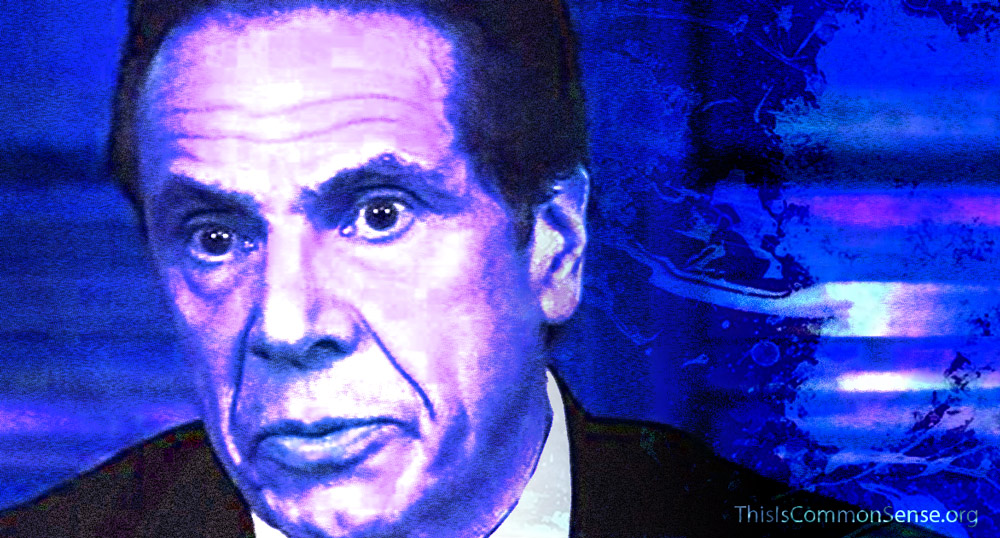Sunday, after two public accusations of sexual misconduct, New York Governor Andrew Cuomo apologized for anything he may have said that was “misinterpreted as an unwanted flirtation,” while maintaining he “never inappropriately touched anybody,” and “never intended to make anyone feel uncomfortable.”
Not even plausible. Intimidating people — making them “feel uncomfortable” — is actually the governor’s modus operandi.
“The recent spate of stories about Gov. Cuomo’s penchant for bullying,” explains Karen Hinton, his former press secretary, in the New York Daily News, “isn’t about behavior that’s unusual in politics. It’s the norm.”
I believe her.
First, it’s widely practiced in politics; and, second, his method has been effective for many years. “A part of that is making sure that people very rarely speak up publicly against him,” a Fordham University political science professor informed The Post.
Bullying is Cuomo’s go-to damage control.
And damage he has aplenty. After being nominated for Time’s “Person of the Year” and winning an Emmy “in recognition of his leadership during the Covid-19 pandemic and his masterful use of television to inform and calm people around the world” — and especially in recognition of him not being Donald Trump — Cuomo has come under fire not only for some faulty judgments, but for actually covering up the data on nursing home deaths.
When news broke of Mr. Cuomo allegedly calling and threatening to “destroy” a lawmaker seeking an investigation into the nursing home scandal, it brought back memories. While working for U.S. Term Limits in the 1990s, I fielded calls from angry politicians on what I dubbed “the prima donna party line.”
In my life, not many people have called to scream like spoiled brats in full tantrum and threaten me — but nearly all have been politicians.
This is Common Sense. I’m Paul Jacob.
See all recent commentary
(simplified and organized)
See recent popular posts
